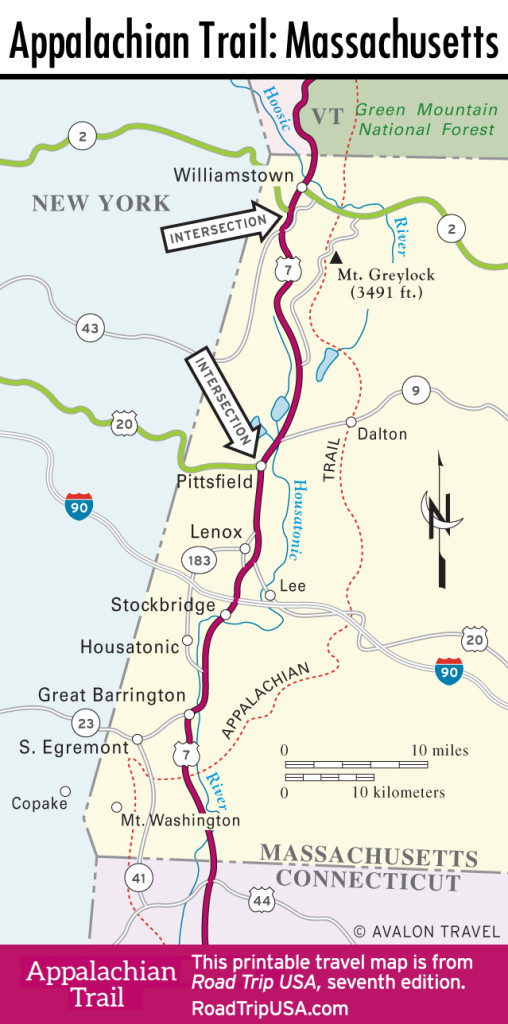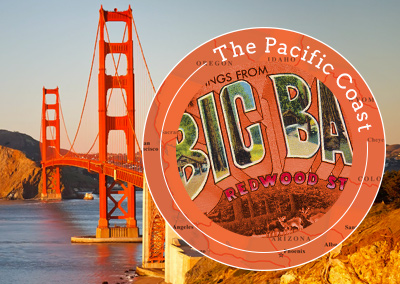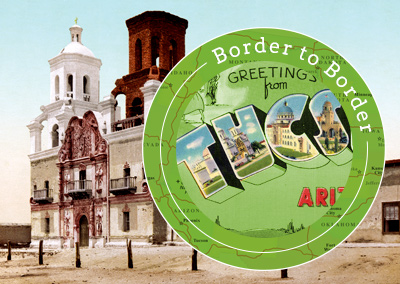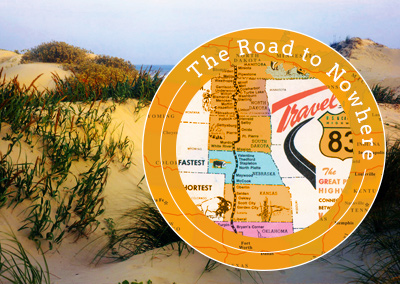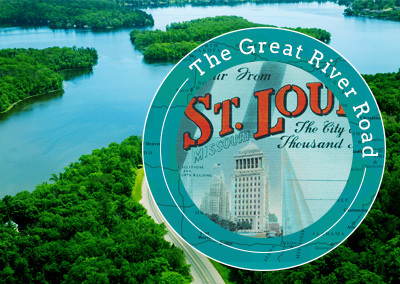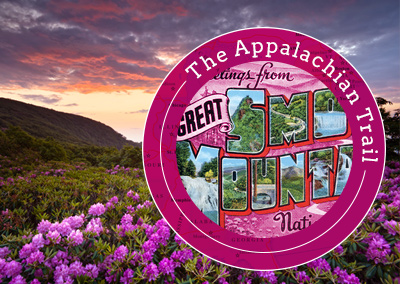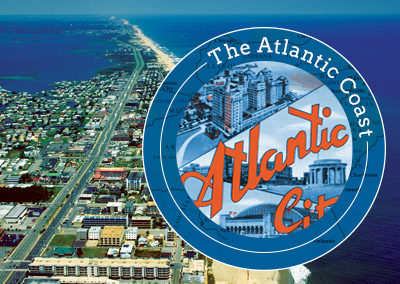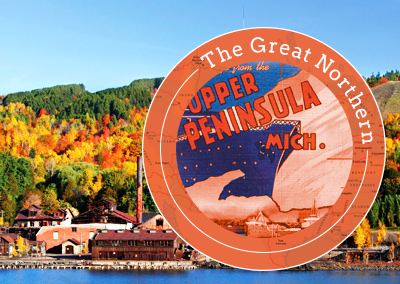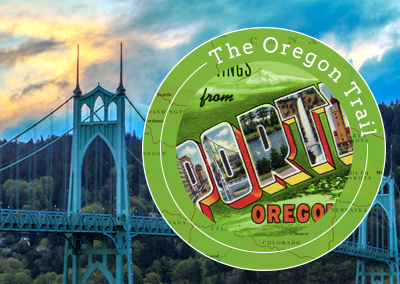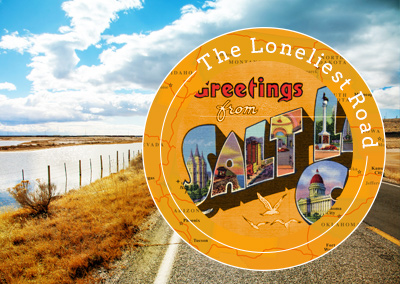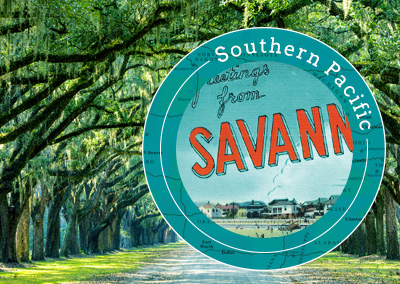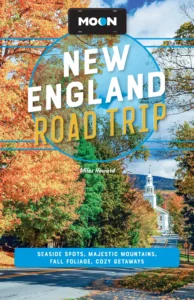Pittsfield and Hancock Shaker Village
Pittsfield
Compared to the carefully preserved Norman Rockwell simplicity of many of the surrounding small towns, the aging industrial cityscape of Pittsfield (pop. 42,591) has made it the place most Berkshire weekenders strenuously try to avoid, despite the fact that its size and the valley’s topography make this nearly impossible unless you have a resident’s familiarity with the back roads. In contrast to the lives of leisure lived in many Berkshire towns, Pittsfield has always been a busy, hard-working place, resolutely down-to-earth.
Despite Pittsfield’s anything-but-quaint appearance, there are actually some good reasons for travelers to pay the place a visit. Head out to Holmes Road, at the city’s rural southern edge, and maybe you will see the resemblance between a leviathan and the imposing outline of Mt. Greylock, particularly if you view it from the study window of Herman Melville’s Arrowhead (413/442-1793, daily summer, $16 adults). That salty masterpiece Moby Dick was indeed written in this landlocked locale, where Melville moved in 1850 to be near his mentor, Nathaniel Hawthorne. While foremost a literary shrine, the spacious farm is also home to the Berkshire County Historical Society, whose well-curated exhibits are always interesting. Serious pilgrims on the path of Ishmael and the great white whale will also want to visit the Melville Memorial Room on the main floor of the Berkshire Athenaeum (1 Wendell Ave.), Pittsfield’s public library.
As with its other attractions, Pittsfield has some real unexpected gems when it comes to food, with three great places lining up along East Street between downtown and US-7. If you love hot dogs (and who doesn’t?), you’ve probably been dreaming of someday finding a place like Teo’s Hot Dogs (1410 East St., 413/447-9592), where you can wash down excellent chili dogs with super-cold $2 beers. For fresh pasta, pizza, and pub grub at a great small-town price, cruise a half-mile (0.8 km) farther west down East Street to the East Side Café (378 Newell St., 413/447-9405), just off the main road, a neighborhood bar whose comfort food and convivial atmosphere attract a family clientele. Between these two blue-collar haunts is one great full-service dinner place: Elizabeth’s (1264 East St., 413/448-8244), serving full-flavored Italian classics. All three are cash-only, and popular.
Hancock Shaker Village
About 5 mi (8 km) west of Pittsfield on old US-20, Hancock Shaker Village is one of the best-preserved remnants of the religious sect known popularly as Shakers, but formally as the United Society of Believers in Christ’s Second Appearing, whose utopian communities flourished in the years before the Civil War. Shakers, as outsiders called them because of their occasional convulsions during worship, were dedicated to a communal life conspicuous in its equality between men and women, a natural corollary to their belief in parity between a male God and a female Holy Mother Wisdom.
The English-born founder of the group, Ann Lee, was in fact regarded by Shakers as the second incarnation of Christ. Although Puritan theocracy was ending, preaching this gospel did not endear her to many New Englanders in the decade following her arrival just prior to the American Revolution. During that war, Lee and her “children” sought their Heaven on Earth, as seen in her visions. Mother Ann died near Albany, New York, in 1784, before any communities based on her precepts could be founded.
Hancock Shaker Village, third among the 24 settlements built in the nation by Lee’s followers, was founded in 1783 and survived 177 years, outlasting all but two other Shaker communities. It’s been preserved as a living museum (413/443-0188 or 800/817-1137, daily Apr.-Nov., $20 adults), with exhibits, tours, and working artisans interpreting the rural lifestyle and famous design skills of the Shakers. Appreciation of the efficiency, simplicity, and perfect workmanship consecrated within the “City of Peace” can quickly fill a couple of days if you let it.
Related Massachusetts Travel Guides
Massachusetts Travel Map
